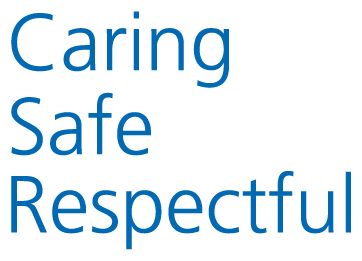Communication is a complex process which involves speech, voice, hearing, understanding others, social skills, reading and writing.
A person may experience difficulties in one or more of these areas. There are many reasons why someone may experience communication difficulties, this may include but not limited to:
- Brain damage from stroke or accident
- Progressive Neurological conditions
- Dementia
- Congenital disorders
- Head & neck surgery
- Voice disorders
Other reasons may include stammering or the need to change voice quality to fit a person’s sense of identity.
No matter which area is affected or why, communication difficulties can impact the individual’s ability to participate in daily functions such as expressing needs and wants, maintaining relationships with family and friends, speaking to a group of people, interacting with carers or ability to work.
The Speech and Language therapist (SLT) assesses the person’s communication to determine the nature of the difficulty. This will include:
- taking a thorough case history
- establishing the person’s communication goals
- conducting informal and/or formal communication assessments
The SLT will work with the person, their family/carers and other health professionals in optimising the person’s ability to communicate. This may involve:
- offering advice and strategies
- conducting a therapy program
- implementing the use of an alternative communication system e.g.: communication device
This process is highly focused on the person’s needs, goals and quality of life.
Living with a communication difficulty can be life changing. It can impact on a person’s mood, overall health and quality of life. It is important to make communication as easy and as accessible as possible. Please refer to the advice section (put in link to section) for specific resources on the different communication difficulties.



